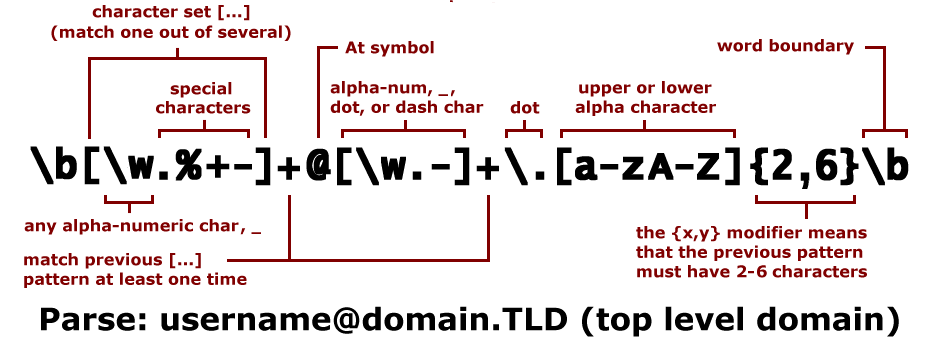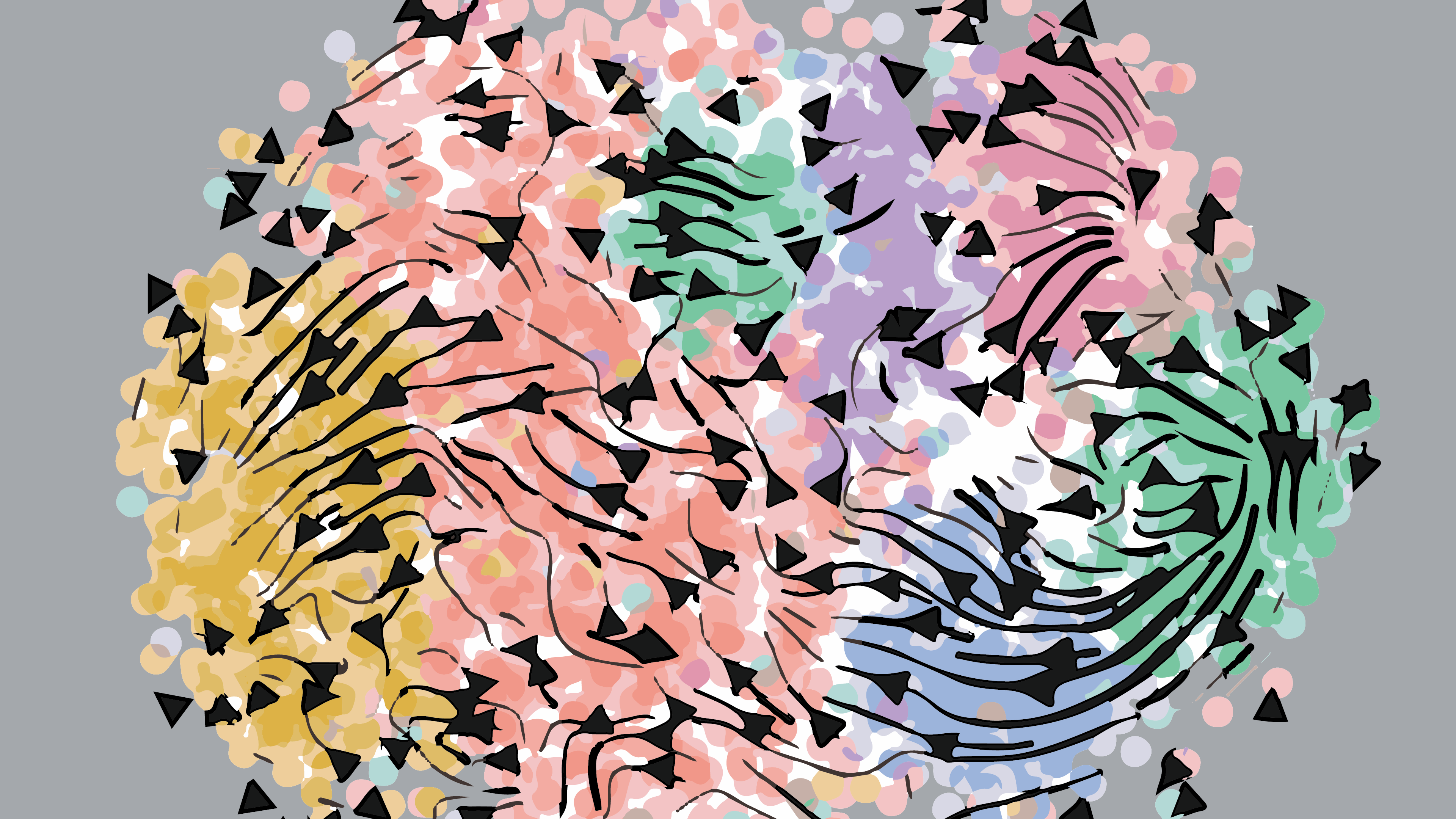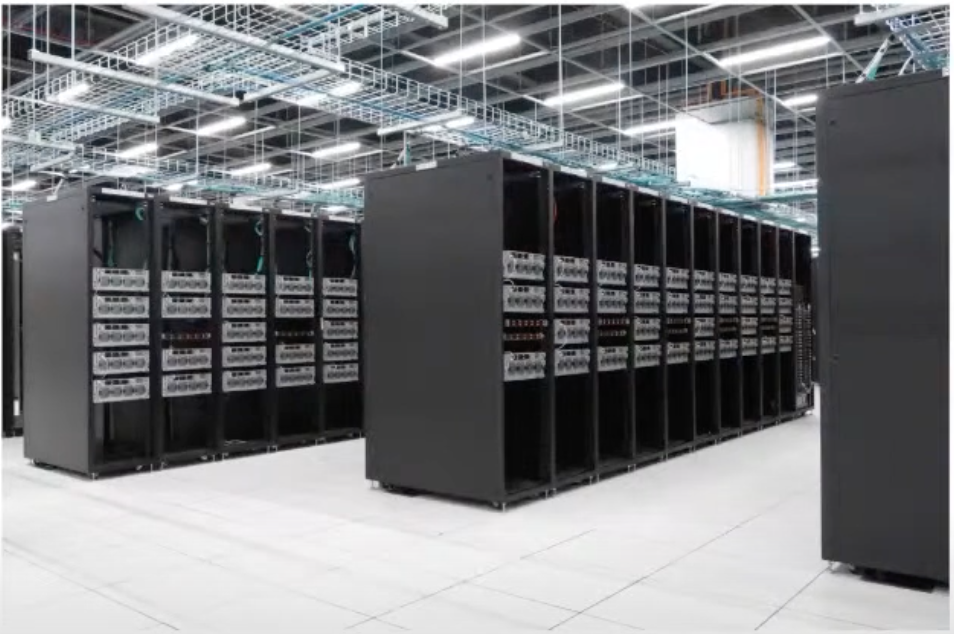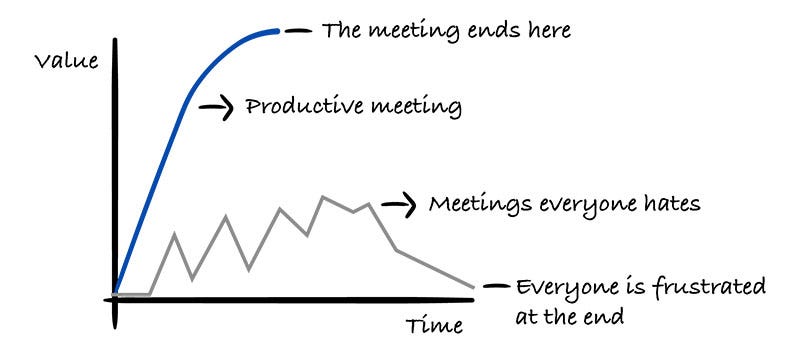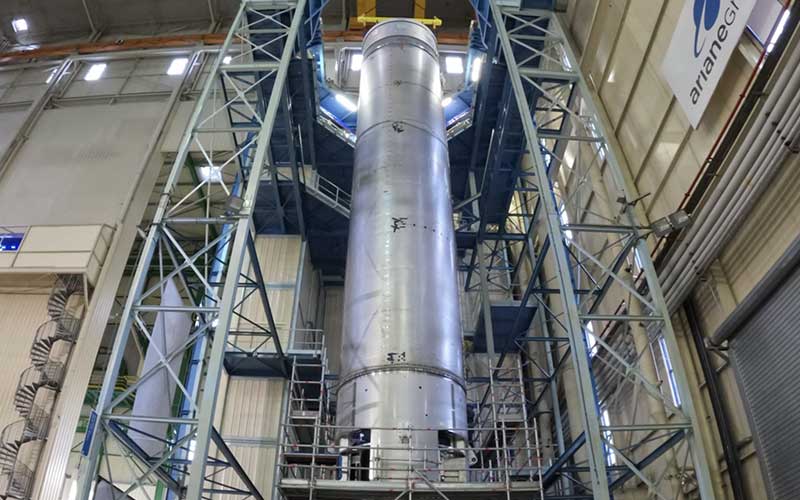
Introducing perceptein, a protein-based artificial neural network in living cells
This article has been reviewed according to Science X's editorial process and policies. Editors have highlighted the following attributes while ensuring the content's credibility:
Westlake University in China and the California Institute of Technology have designed a protein-based system inside living cells that can process multiple signals and make decisions based on them.
The researchers have also introduced a unique term, "perceptein," as a combination of protein and perceptron. Perceptron is a foundational artificial neural network concept, effectively solving binary classification problems by mapping input features to an output decision.
By merging concepts from neural network theory with protein engineering, "perceptein" represents a biological system capable of performing classification computations at the protein level, similar to a basic artificial neural network. This "perceptein" circuit can classify different signals and respond accordingly, such as deciding to stay alive or undergo programmed cell death.
Cells naturally process multiple classification cues, such as stress and developmental signals, to initiate cell functions with distinct outcomes. Immune cells respond to threats based on the signals they detect. The p53 signaling pathway determines whether to repair damage or self-destruct to prevent cancer.


